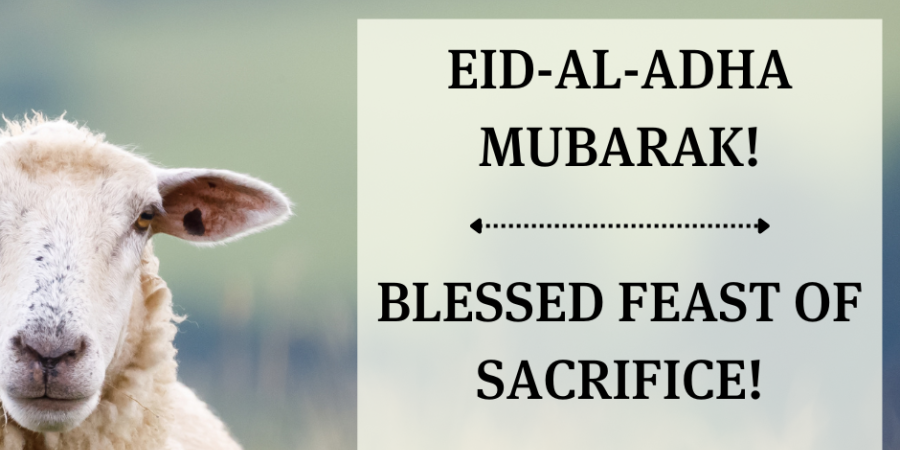
Eid-al-Adha, the second of the annual Islamic holidays, has its theological background in the story of Abraham, who put his trust in God so profoundly that he was ready to give away his son to achieve something more significant for the benefit of everyone. Yet, Abraham is recognised by Muslims, Christians, and Jews as a Prophet, and so do all three traditions also share the story behind this holiday.
While in Judaism, the son in question is Isaac, in the Islamic tradition it was Ismail. However, Eid-al-Adha provides an excellent opportunity for reaching out to each other in acknowledging commonalities between the communities instead of focusing on differences. The common background lies in the emphasis put on the sacrifice that is made for the sake of others in one’s community. It also teaches us why sacrificing something for the sake of others is essential when striving to build societies based on mutual respect and human rights. For instance, while we have freedoms, our freedoms end where those of others begin. This is exemplary in the limits that we have to collectively put on our own freedom of speech to protect others from hate speech. This and many other policy measures in fostering interfaith understanding positively contribute to building stronger relationships between communities. We as ECCAR support the local governments in their work towards this end as we recognize the role they have in creating cities that can provide an inclusive space marked by equal opportunities for all.
